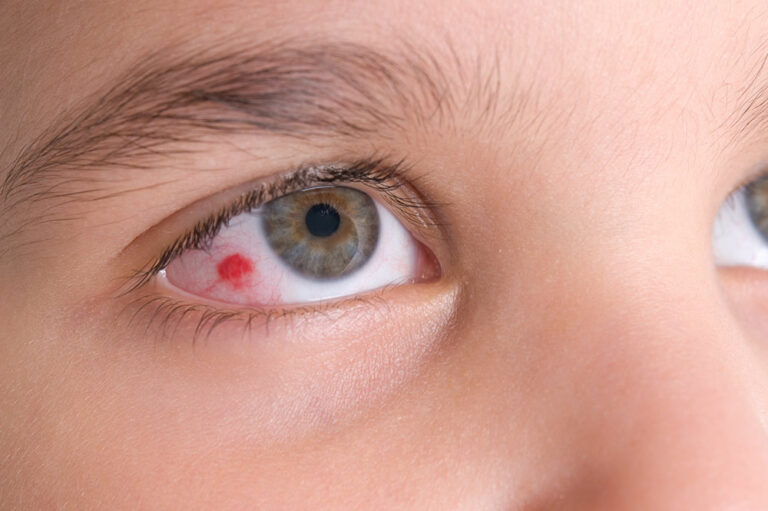
Menopause – Symptoms, causes, and risks
Menopause is a stage that marks the end of a woman’s menstrual cycles and fertility, and it is diagnosed when a woman doesn’t menstruate for 12 consecutive months. Usually, menopause occurs in women between the ages of 40s and 50s, but in some cases, early onset may cause a woman to reach menopause in her late 30s as well.
Menopause can lead to the development of several symptoms and can cause a lot of discomfort, but no medical attention is required in most cases. This article outlines what you need to know about menopause.
Symptoms of menopause
The time that leads up to menopause is also known as perimenopause, and it can be accompanied by various symptoms, including the following:
- Irregularities in the menstrual cycle
- Vaginal dryness
- Hot flashes and night sweats
- Cold chills
- Sleep-related problems
- Mood swings
- Increase in body weight
- Reduced metabolism
- Hair thinning
- Skin dryness
- Reduced breast fullness
The symptoms caused by menopause, including the irregularities in the menstrual cycle, can vary from one woman to another.
During perimenopause, it is common as well as expected for a woman’s menstrual cycles to be irregular or skipped. Some women do not get their cycles for several months, followed by normal cycles for a few months. The menstrual cycle also becomes shorter, so a woman can experience them occurring closer to each other.
Having said that, irregular menstruation doesn’t mean that a woman cannot get pregnant. This is one of the common misconceptions of pregnancy, and sexually active premenopausal women are advised to use birth control to prevent unwanted pregnancy, even if their cycles are irregular. Also, if a sexually active woman misses her cycles but hasn’t reached menopause yet, she should take a pregnancy test.
Causes of menopause
The various causes of menopause include the following:
- Lower production of reproductive hormones
When a woman starts approaching her late 30s, the production of estrogen and progesterone in her body naturally goes down. These hormones are responsible for regulating the menstrual cycle, and the inadequate production of these hormones affects a woman’s fertility. By the time a woman reaches her 40s; her menstrual cycle can vary in length, flow, and regularity. These hormonal fluctuations can also lead to other physical changes in a woman’s body like weight gain, along with mental changes like mood swings. - Hysterectomy
This procedure involves the surgical removal of the uterus due to uterine fibroids or other medical reasons. In the case of a partial hysterectomy, the ovaries remain intact, so a woman does not reach menopause immediately. Although she doesn’t get her menstrual cycles post the procedure, her ovaries continue producing estrogen and progesterone and releasing eggs. On the other hand, undergoing a total hysterectomy can cause immediate menopause. The symptoms of menopause can be severe in such cases as her body has undergone abrupt changes in the hormonal levels.
Risks and complications
Some risks and complications commonly associated with menopause are:







